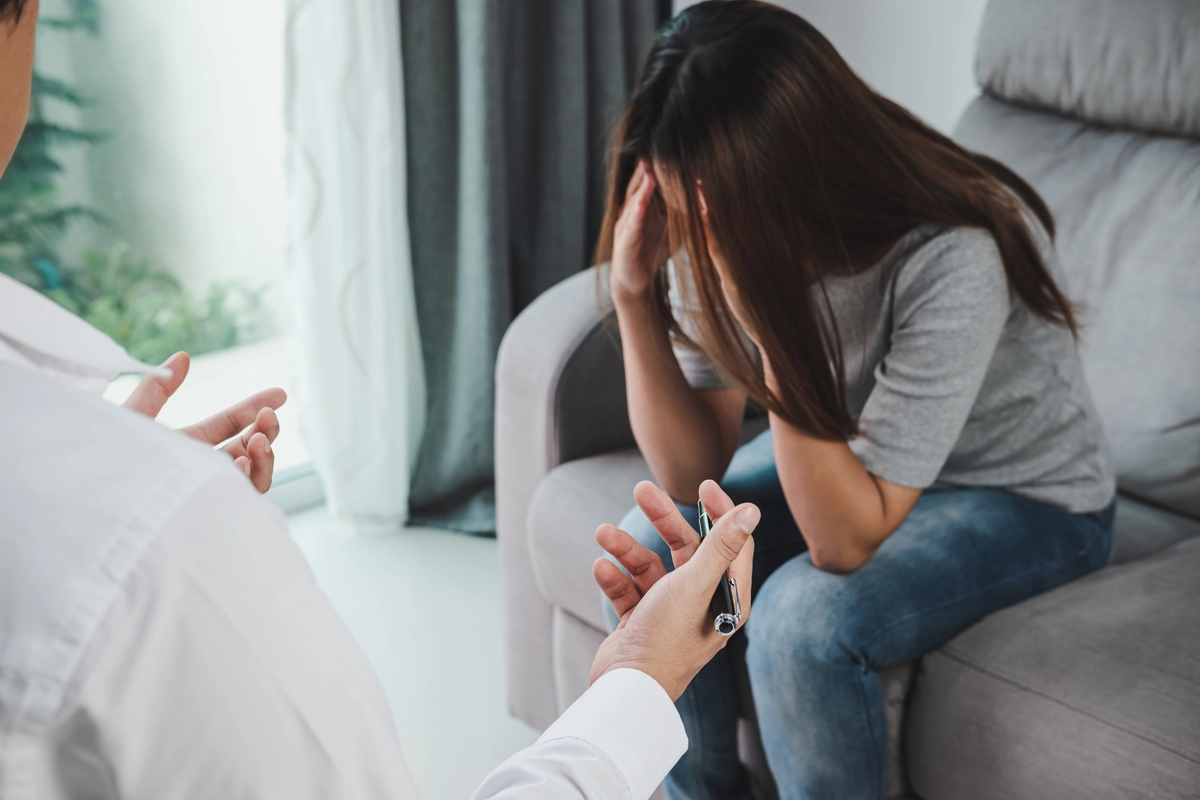24/7 Helpline:
(866) 899-221924/7 Helpline:
(866) 899-2219
Learn more about Medication-assisted Treatment centers in Richland County

Other Insurance Options
Beacon

American Behavioral

Lucent

PHCS Network

Health Choice

UnitedHealth Group

BlueShield

Access to Recovery (ATR) Voucher

Sutter

MVP Healthcare

CareFirst

BlueCross

Magellan

Ceridian

WellCare Health Plans

Choice Care Network

Ambetter

Carleon

Aetna

MHNNet Behavioral Health

Richland Memorial Hospital – Behavioral Health Services
Richland Memorial Hospital – Behavioral Health Services is a private rehab located in Olney, Illinoi...

Hope Center Ministries – Purcell Women’s Center
Hope Center Ministries - Purcell Women's Center is a faith-based drug and alcohol rehab for women, l...


















































Southeastern Illinois Counseling Centers – Micah Drive
Southeastern Illinois Counseling Centers - Micah Drive offers outpatient services for individuals wi...

Southeastern Illinois Counseling Centers – East Main Street
Southeastern Illinois Counseling Centers - East Main Street offers outpatient services for individua...












